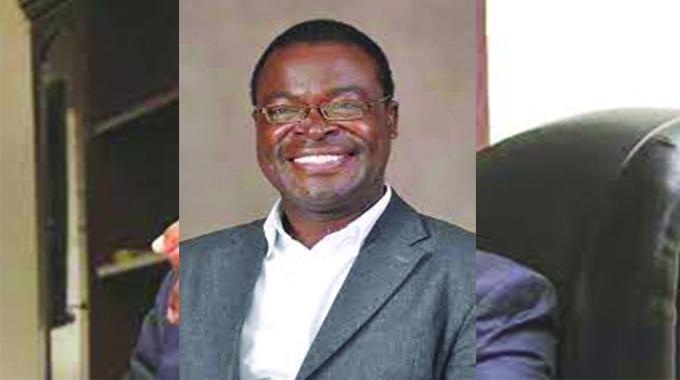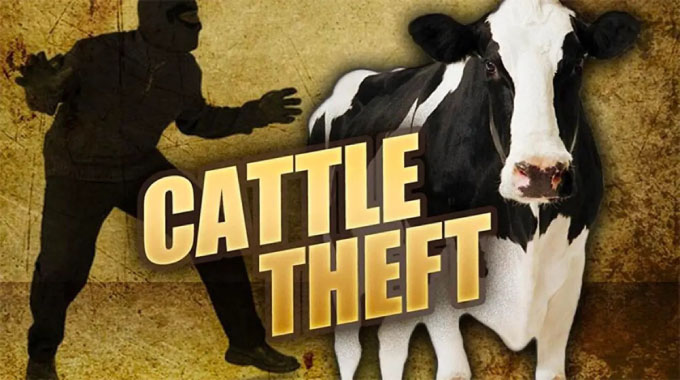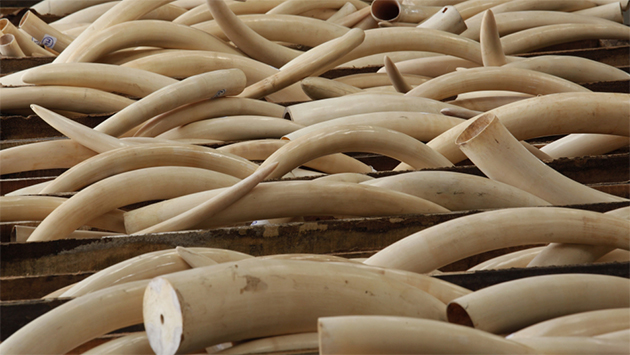WATCH: More community radio stations to be licensed

Nqobile Tshili, [email protected]
Government has reiterated its commitment to liberalise media space by licensing more community radio stations and ensuring that those already licensed go on air, in line with the Second Republic’s strategic thrust to expand information discourse.
The licensed community radio stations include Radio BuKalanga (Bulilima), Matobo Community Radio Trust (covering Maphisa, Mangwe, and Brunapeg), and Twasumbuka Community Radio Trust (covering Binga, Kamativi, Siabuwa).
Other radio stations already licensed from the Matabeleland region include Mbembesi Development Trust, trading as Ingqanga FM, Ntepe-Manama Community Radio Trust, Lotsha FM (Beitbridge), and Lyeja-Nyayi Development Trust (Hwange)
Under the first phase of the licensing of community radio stations, the Government sought to provide marginalised communities with a voice as most of them had no access to local stations.
Radio stations such as Ntepe-Manama Radio Station, Radio BuKalanga, and Lotsha FM in Beitbridge are already on air.
Speaking during a tour of a building housing Xhosa radio station, Ingqanga FM, in Mbembesi yesterday, to assess progress, Information, Publicity and Broadcasting Services permanent secretary Mr Nick Mangwana said the Government is satisfied with the operations of community radio stations which are already on air.
“We started the community radio stations as a pilot project to see how it works focusing on the language communities. But now, we are going to roll out in other formerly marginalised communities. For example, we can say in Mbire, the language is not one of the official languages so we will have a community radio station there,” he said.
“We don’t have a community radio station in Gokwe, and therefore, we are going to have community radio stations as a driver to development.”
The Second Republic through the Broadcasting Authority of Zimbabwe (BAZ) licensed 14 community radio stations, seven of them in the Matabeleland region as part of its efforts to give a voice to marginalised communities.
Mr Mangwana said it is important for communities to be part of the national development processes with radio being an effective platform.
“The only way to do that is to communicate and give information to the people and the only platform to do that is a radio station. As you know, radio, unlike a newspaper, can be listened to by many people at once,” he said.
“One can listen to radio while working in the field, or while doing other chores. It does not hinder you from carrying on with your other functions. That is why we believe that a radio station is the best platform for rural communities.”
Turning to Ingqanga FM, Mr Mangwana said the community radio station has taken too long to go on air.
He said the Government will ensure that the radio station starts broadcasting next month.
“This radio station is lagging compared to other community radio stations. We came here to kick start it so that it goes on air in a big way. We want it to broadcast and cover a 60km radius meaning it has to reach Bulawayo, Shangani, Bubi among other areas,” said Mr Mangwana.

“So in about a month we should be on air in a big way, but it is not the only project for this year. We are going to license other community radio stations.”
The news crew observed that there is still work that needs to be done on a building that will house the radio studio.
Chief Ndondo, who is part of Xhosa community leadership, said they have been given up to March 15 to put their house in order and ensure that they start broadcasting.
“We were discussing the progress on Ingqanga FM. What I can say is that we now have premises for the studio and what we need to do are the renovations,” he said.
“We are hoping that once funds are availed, we will start the renovations. The Permanent Secretary gave us up to March 15, for us to have completed the whole process.”
Chief Ndondo said the radio station will also accommodate the Ndebele communities in the surrounding areas.
He said the radio station will be critical in the preservation of Xhosa culture.
“Across the country, I can say we have preserved our culture. We still do ‘imiguyo ‘(circumcision), and this is done in winter. This remains a very big part of our culture,” said Chief Ndondo.
“We also conduct unique weddings in our unique way where we sing our songs as opposed to what we see in other cultures where they play music on the radio. Having our language broadcast is important in the preservation of our identity.”

Chief Ndondo said they have good Xhosa artists who will benefit from the radio station.
He said to complement the introduction of a radio station, it is encouraging to note that the Government is working towards introducing their language in schools.
While the teaching of indigenous languages is part of Government policy, there have been challenges in recruiting teachers for the languages, especially in primary schools.
One of Ngqanga FM employees, Ms Thandiwe Dlamini said the community would advance the community’s development issues.
She said sometimes the community issues do not get national traction because there won’t be anyone to amplify them.
“This programme is going to help us uplift our community as the Xhosa community. Some people look down upon us as a minority group. And we expect that the radio will uplift us,” said Ms Dlamini.
“Our community is going to develop and even the youths would come and volunteer here. We sometimes experience challenges including losing livestock, but these issues are never told because we don’t have a voice of our own.” — @nqotshili












Comments